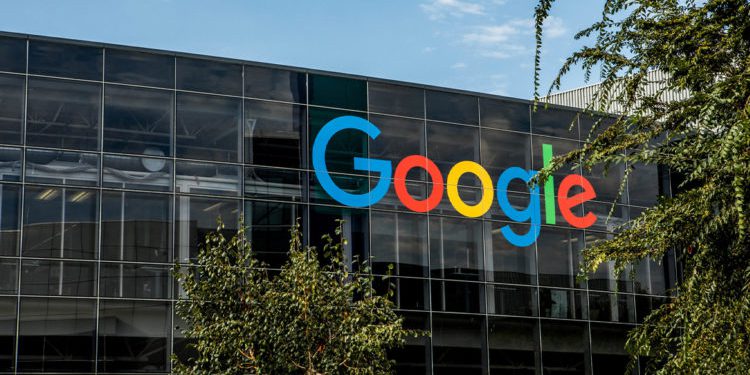As a wave of legal action surges against Google and Facebook, states in two lawsuits are stretching beyond the cases made by the federal government to level bold new claims. The states are taking new legal approaches as they join the charge against the once seemingly untouchable behemoths.
The latest case came Thursday as dozens of states filed an antitrust lawsuit against Google, alleging that the search giant exercises an illegal monopoly over the online search market, hurting consumers and advertisers.
It was the third antitrust lawsuit to slam Google in the past two months.
The U.S. Justice Department and attorneys general from across the country are weighing in with different versions of how they believe the company is abusing its immense power in ways that harm other businesses, innovation and even consumers. A federal judge on Friday set a tentative trial date of Sept. 12, 2023, for the landmark case.
And last week, the Federal Trade Commission and 48 states and districts sued Facebook. They accuse the social media giant of abusing its power in social networking to squash smaller competitors.
“There’s not been a cluster of cases of this significance since the 1970s,” according to William Kovacic, a law professor at George Washington University and a former chairman of the Federal Trade Commission. “This is a big deal.” The Justice Department brought an antitrust suit against AT&T in 1974 that led to its breakup.
The new lawsuit announced by Colorado Attorney General Phil Weiser echoes the allegations leveled earlier by the Justice Department against Google’s conduct in the search market.
But it goes beyond them and adds important new wrinkles: It seeks to stop Google from becoming dominant in the latest generation of technology, such as voice assistant devices and internet-connected cars.
And, it claims, the company discriminates against specialized search providers and denies access to its advertising management tool to competitors like Bing.
The lawsuit was filed in federal court in Washington by the attorneys general of 35 states as well as the District of Columbia and the territories of Guam and Puerto Rico.
“Consumers are denied the benefits of competition, including the possibility of higher quality services and better privacy protections. Advertisers are harmed through lower quality and higher prices that are, in turn, passed along to consumers,” Weiser said in announcing the action.
Google’s director of economic policy, Adam Cohen, said in a blog post that big companies should be scrutinized and Google is prepared to answer questions about how it works.
“But this lawsuit seeks to redesign search in ways that would deprive Americans of helpful information and hurt businesses’ ability to connect directly with customers,” he wrote. “We look forward to making that case in court, while remaining focused on delivering a high-quality search experience for our users.”
On Wednesday, 10 states led by Republican attorneys general accused Google in a separate lawsuit of abusing its power in online advertising to crush competition. They said the company’s anti-competitive conduct even included a deal with rival Facebook to manipulate ad sales.
“That’s an explosive allegation if they can prove it,” George Washington’s Kovacic said.
The suit alleges that Google signed a pact with Facebook in 2015 that gave Google access to millions of WhatsApp users’ encrypted messages, photos and videos.
This is an excerpt from Westernjournal
 Telegram is where we really talk. Don't miss out!
Telegram is where we really talk. Don't miss out!









